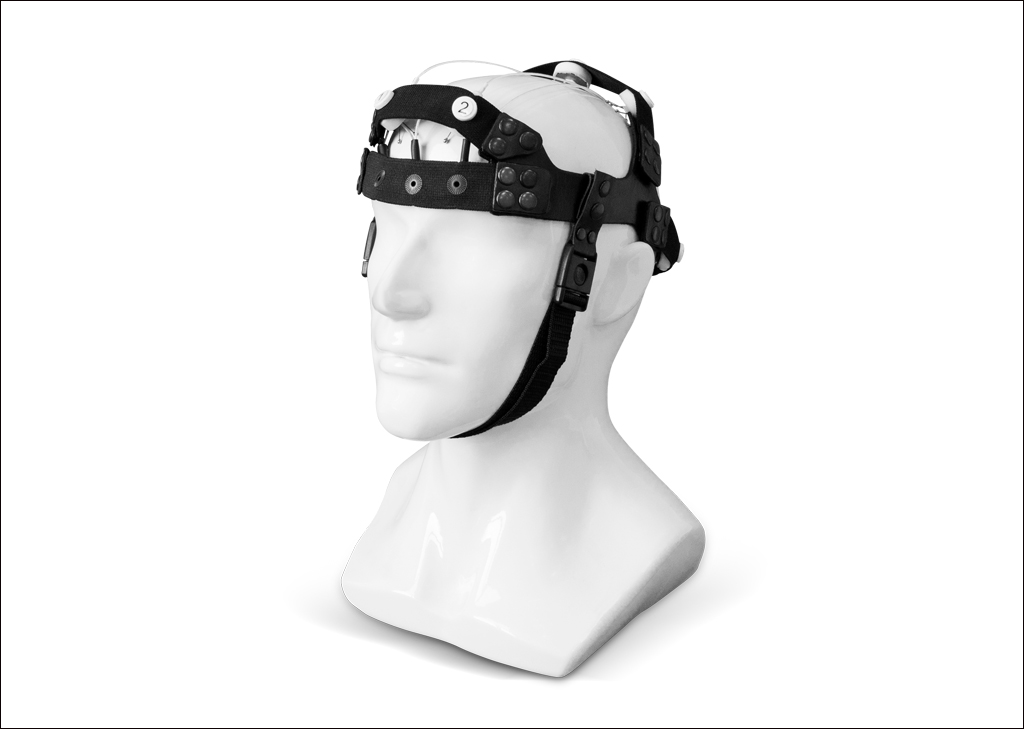
The “Avtomatika” Concern of Rostec State Corporation will bring to the international market the BrainReader universal neural interface, which enables the “exchange” of information between the human brain and any external device that has the required interaction interfaces (home appliances, computer, exoskeleton, artificial sense organs, wheelchair). The Concern has already begun obtaining permits for entering Asian markets.
The Concern has already begun obtaining permits for entering Asian markets.
Proposals from Asian companies, from Indonesia and Malaysia in particular, on distribution of BrainReader resulted from participation in the Medlab AsiaPacific & Asia Health 2019 exhibition, where the capabilities of the device generated great interest.
The development of the device as part of the Rostec is the Institute of Electronic Control Machines (INEUM) named after. I.S. Brook (a part of the concern "Automation").
“Breakthrough neurotechnology solutions, such as BrainReader, are the technologies of the future that change lives and open up new opportunities for the development of science and technology.
Neuro headset can be used to control "smart" systems and robotics, in medicine - for the rehabilitation of people with disabilities, in studies of the human brain, mental activity, sleep, and in many other areas.
It is important to note that the device has a good export potential.
The closest competitor in terms of characteristics, the American neuroheader, is priced about three times as much”, said Oleg Evtushenko, the executive director of Rostec.
Neuro headset allows registration of the surface electroencephalogram in vivo, without limiting the user's motion activity.
The data is received using a non-invasive method via specially designed "dry" electrodes that do not require the application of an electrically conductive gel.
Due to the high quality of the recorded signal processing, the device operates stably even in places of large crowds of people, in transport, surrounded by a large number of transmitters and other interference.
According to the study of Allied Market research, the brain-computer interface market is growing at an accelerating pace and in 2020 it will amount to an approximate of $ 1.46 billion.

